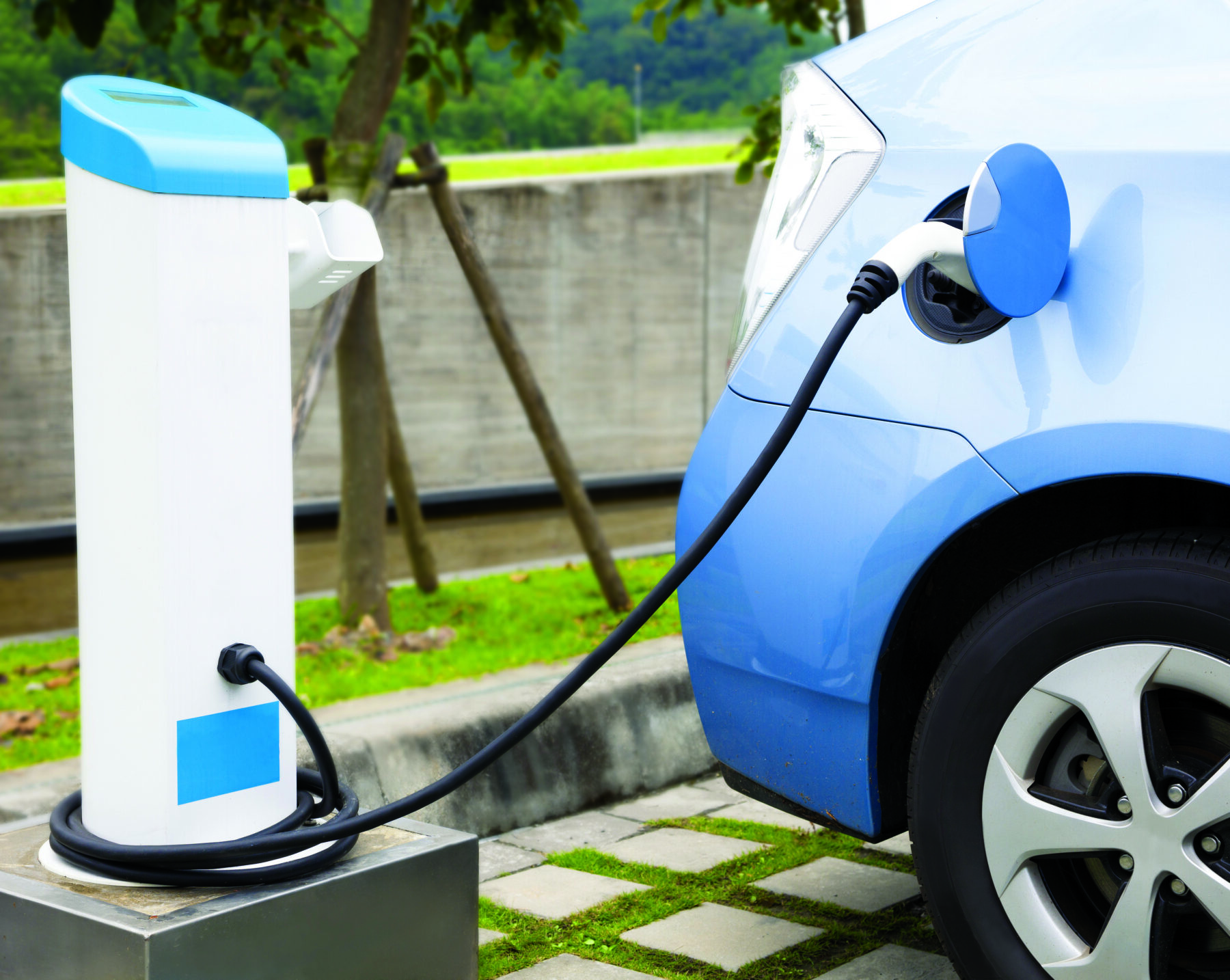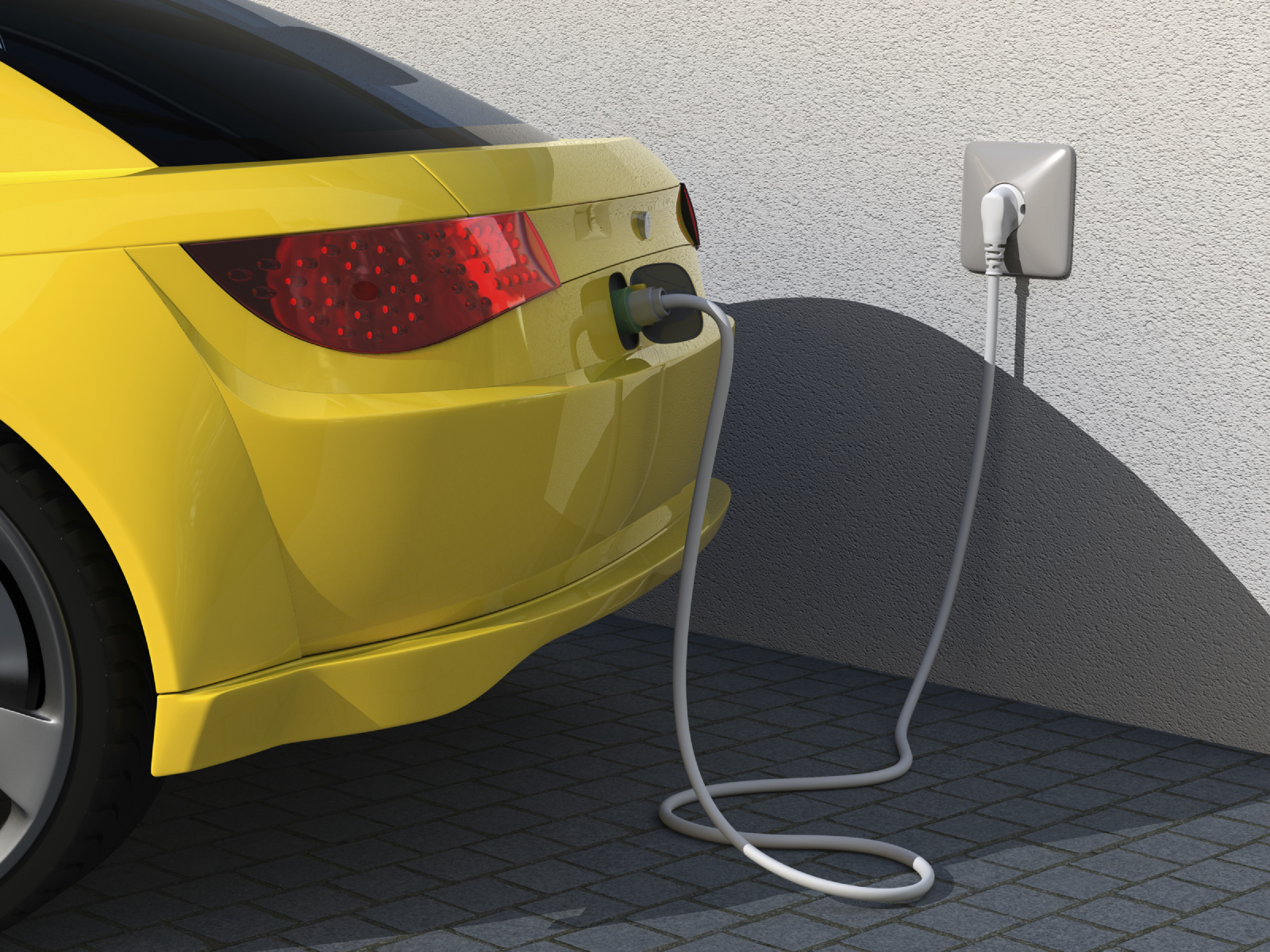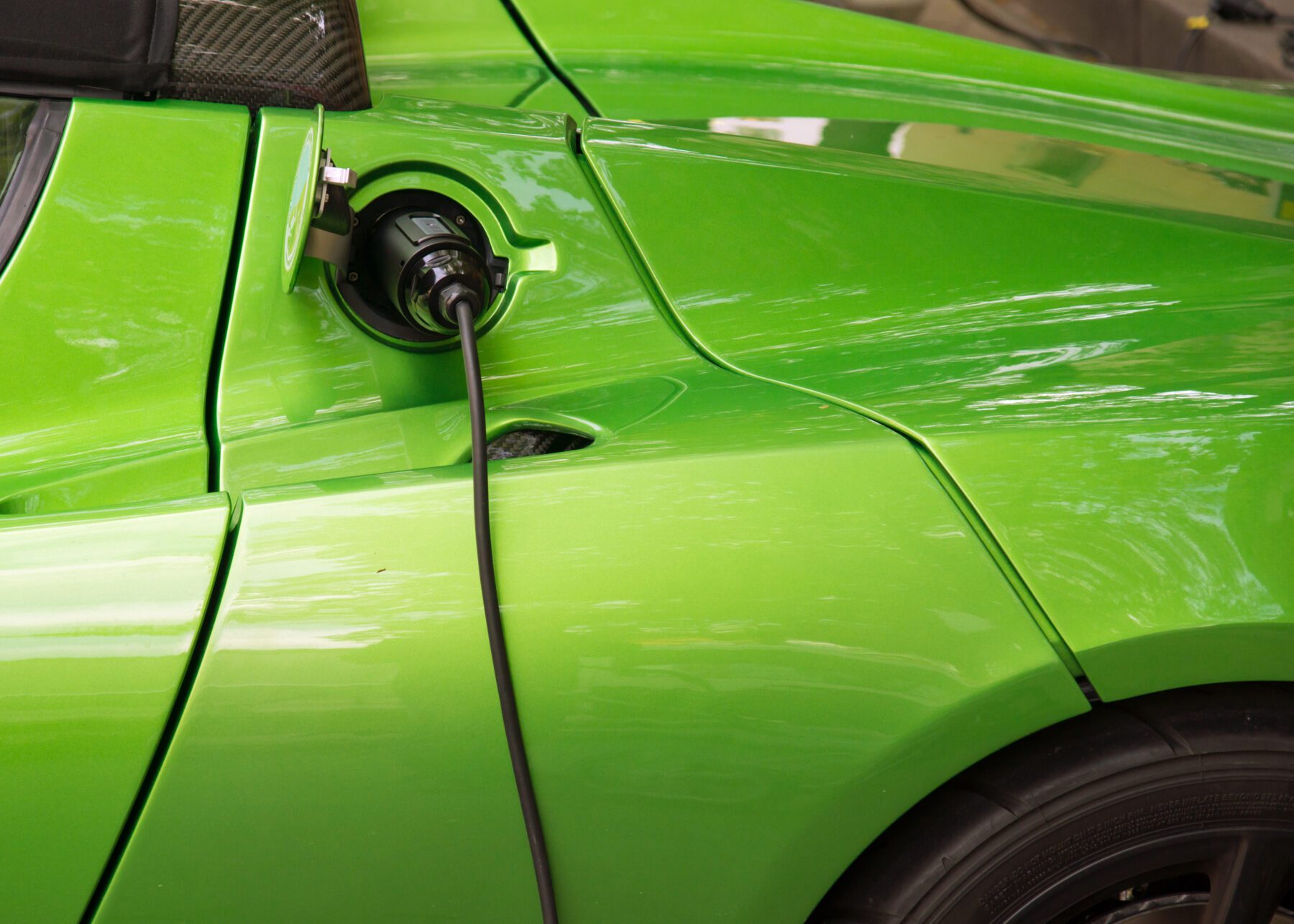
EV LAWS & INCENTIVES
*We are currently reviewing and updating our transportation-related webpages, including pages relating to EV’s, to ensure that all information reflects the most current federal and state-level incentives. Please check back for updated information soon.
The State’s commitment to meeting a zero emissions clean economy by 2045 is aimed to mitigate greenhouse gas emissions by both reducing and sequestering atmospheric carbon and greenhouse gases produced within the State. The clean economy target is supportive of the State’s commitment to the Paris Agreement, and, of specific relevance to the transportation sector, Hawaii’s Act 32, 2017 which directs the State to “expand strategies and mechanisms to reduce the greenhouse gas emissions statewide through the reduction of energy use, adoption of renewable energy, and control of air pollution among all agencies, departments, industries, and sectors, including transportation”, and Hawaii’s Act 38, 2015 HRS §226–18 which directs planning for the State’s facility systems to give due consideration to: “the ultimate elimination of Hawaii’s dependence on imported fuels for electrical generation and ground transportation.” Material progress towards the elimination of fossil fuels in ground transportation will greatly reduce the total volume of local carbon sequestration projects that would need to be sited and funded to achieve the 2045 clean economy target.
State of Hawaii: Electric Vehicle Laws and Incentives
EV Charging Systems; Rebate; Appropriation
Establishes a rebate program for installation of eligible new or upgraded multi-user EV charging systems. Authorizes the Public Utilities Commission to contract for third-party administration of the rebate program. Appropriates funds. Act 142, 2019
EV, Alternative Fuel Vehicles; Surcharge on Annual Vehicle Registration Fee
Establishes an annual vehicle registration surcharge fee for electric vehicles and alternative fuel vehicles to be deposited into the State Highway Fund. Electric vehicles and alternative fuel vehicles shall pay an annual vehicle registration surcharge fee of $50, which shall be assessed and collected beginning with the first registration renewal for every electric vehicle and alternative fuel vehicle and shall be deposited into the state highway fund established under section 248-8. Act 280, 2019
Contracting public facilities; Vehicles; Energy Efficiency; Performance Contracts
Amends the definition of “energy performance contract” to include the provision of electric vehicle charging infrastructure for a portion of avoided vehicle maintenance or fuel costs pursuant to a vehicle fleet energy efficiency program. Act 144, 2019
Fuel Cell Electric Vehicles
Grants procurement priority for fuel cell electric vehicles for state and county vehicle purchases. Includes fuel cell electric vehicles in the definition of “electric vehicles” for purposes of parking fee exemption, high occupancy vehicle lane use, registration, and required parking spaces in places of public accommodation.Act 143, 2019
Free EV Parking; State & County facilities incl meters & exemptions from HOV lanes
Act 168, Session Laws Hawaii, 2012. Also reference Hawaii Revised Statutes 291-71 Note
Parking spaces for EVs; charging system
Act 89 / SB2747 2012 (PDF) Hawaii Revised Statutes Section 291-71
Parking spaces reserved for EVs; penalties
Hawaii Revised Statutes Section 291-72
Placement of EV charging system; multi-family residential or townhouse
Hawaii Revised Statutes Section 196-7.5
Light-Duty Motor Vehicle Requirements; County and State Agencies
HRS 103D-412 For more information, go to our Motor Vehicle Procurement Page.


Federal: Electric Vehicle Laws and Incentives
Reference the U.S. Department of Energy Alternative Fuels Data Center to find federal and state laws and incentives for alternative fuels and vehicles, air quality, fuel efficiency, and other transportation-related topics.
Qualified Plug-In Electric Vehicle (PEV) Tax Credit
A Federal tax credit is available for the purchase of a new qualified plug-in electric drive motor vehicle that draws propulsion using a traction battery that has at least four kilowatt hours (kWh) of capacity, uses an external source of energy to recharge the battery, has a gross vehicle weight rating of up to 14,000 pounds, and meets specified emission standards. The minimum credit amount is $2,500, and the credit may be up to $7,500, based on each vehicle’s traction battery capacity and the gross vehicle weight rating. The credit will begin to be phased out for each manufacturer in the second quarter following the calendar quarter in which a minimum of 200,000 qualified plug-in electric drive vehicles have been sold by that manufacturer for use in the United States. This tax credit applies to vehicles acquired after December 31, 2009. For more information, including qualifying vehicles and sales by manufacturer, see the Internal Revenue Service (IRS) PEV Credit website. Also refer to IRS Form 8936, which is available via the IRS Forms and Publications website. (Reference Public Law 112-240, Section 403; and 26 U.S. Code 30D)
A credit is also available for the purchase of a new qualified two- or three-wheeled plug-in electric drive vehicle that draws propulsion using a traction battery that has at least 2.5 kWh of capacity, uses an external source of energy to recharge the battery, has a gross vehicle weight rating of up to 14,000 pounds, is manufactured primarily for use on public roadways, and can drive at least 45 miles per hour. The credit is for 10% of the cost of the qualified vehicle, up to $2,500, and applies to vehicles acquired between January 1, 2012, and December 31, 2013. (Reference Public Law 112-240 and 26 U.S. Code 30D)
Point of Contact
U.S. Internal Revenue Service
Phone: (800) 829-1040
https://www.irs.gov/
Federal Alternative Fuel Infrastructure Tax Credit (expired!)
Fueling equipment for natural gas, propane, liquefied hydrogen, electricity, E85, or diesel fuel blends containing a minimum of 20% biodiesel installed through December 31, 2017, is eligible for a tax credit of 30% of the cost, not to exceed $30,000. Permitting and inspection fees are not included in covered expenses. Fueling station owners who install qualified equipment at multiple sites are allowed to use the credit towards each location. Consumers who purchased qualified residential fueling equipment prior to December 31, 2017, may receive a tax credit of up to $1,000. Unused credits that qualify as general business tax credits, as defined by the Internal Revenue Service (IRS), may be carried backward one year and carried forward 20 years. For more information about claiming the credit, see IRS Form 8911, which is available on the IRS Forms and Publications website. (Reference Public Law 115-123, Public Law 114-113, 26 U.S. Code 30C and 38, and IRS Notice 2007-43(PDF))
NOTE: This incentive originally expired on December 31, 2016, but was retroactively extended through December 31, 2017, by Public Law 115-123.
Note: The data shown on this website is measured and represented as accurately as possible and is subject to change as updates are provided by data sources.
